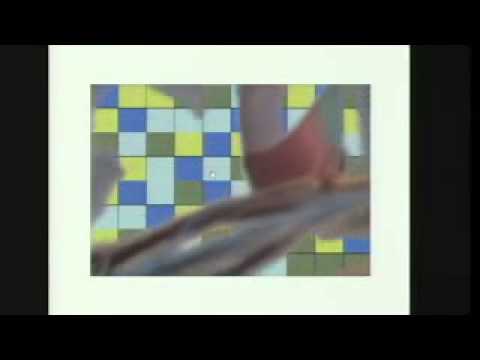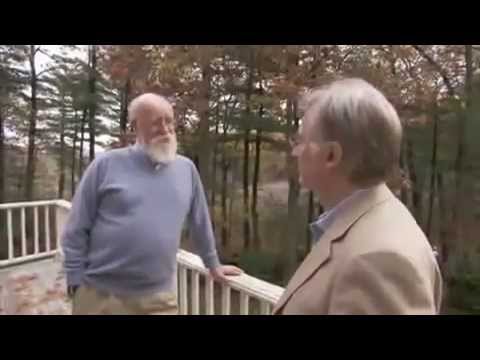Gameon1640
The question of consciousness is a question that has perturbed, perplexed, possessed and provoked many a philosopher and indeed men of thought across the world through millennia. Eastern and Western philosophy both have pondered over this question for long and yet we are short of a definite answer even today. One of the most popular western philosophers Nietzsche considers consciousness an epiphenomenon, for him consciousness is dangerous he feels consciousness falsifies and also that consciousness is a relation of drives. Nietzsche claims that consciousness is not an essential property of the mental and that the majority of mental states, such as certain kinds of thoughts, emotions, and perceptions are unconscious perhaps one of the central aspects of his view on consciousness is the position that a mental state is conscious if its content is conceptually articulated, whereas a state is unconscious if its content is non-conceptually articulated. However, his most striking and controversial claim was that consciousness is superficial and falsifying. If we were to briefly look at Eastern thought and The Upanishads, arguably the greatest treatises of purely abstract philosophy to have emanated from any religious source, we get an idea of how consciousness is related to the fundamental ideas held by the authors of The Upanishads, many of whom were hermits and therefore naturally inclined to meditation and exploring consciousness in its various facets. The word Atman (Self) used in the Upanishads has many meanings with no real exact English equivalent and due to the minimal space permitted here in this description the general meaning of the Conscious state of the Self should be used. There are four stages; with the first state is the Self in the waking state, or the ‘Vaishvanara’. In this state, consciousness is turned outward to the external world. Through its instruments and channels it experiences the gross objects of the phenomenal world. Then there is the dreaming state, or ‘Taijasa’. In this state, consciousness is turned towards the inner world. It also operates through the same instruments and channels, seven and nineteen respectively, which engage the subtle objects of the mental realm. Then there is ‘Prajna’. In this state, there is neither the desire for any gross or subtle object, nor any dream sequences. In deep sleep, all such experiences have receded or merged into the ground of undifferentiated consciousness. Here, one is filled with the experience of bliss, and can also find the way to clearer knowledge of the two preceding states. The final state is that of ‘Turiya’ and in this state consciousness is neither turned outward nor inward. Nor is it both outward and inward; it is beyond both cognition and the absence of cognition. This fourth state cannot be experienced through the senses or known by comparison, deductive reasoning or inference; it is indescribable, incomprehensible, and incomprehensible with the mere mental fortitude of the mind. This is pure consciousness itself, a supremely abstract concept no doubt. This is the real Self. It is within the cessation of all phenomena. It is serene, tranquil, filled with bliss, and is one without second. This is the real or true Self that is to be realized. Having gone through some of the more spiritualistic concepts of consciousness, it is imperative that I introduce the theme of this series. This will be a two part series with both videos featuring two different thinkers, both prominent names in their respective fields. In today’s world it is necessary that we explore consciousness with scientific methodology and a rational mind and that is why I have selected these individuals who represent the scientific method and rationalism very well. Their positions will certainly be different from the aforementioned opinions. In the first part of this series I have a video of Dr. Daniel Dennett who is a philosopher, writer, cognitive scientist and a professor at Tufts University. Dennett is well known for his work on numerous topics, such as intentionality, artificial intelligence, free will, evolutionary theory, and the basis of religious experience. His path-breaking work on consciousness has earned much acclaim and he is regarded as one of the pioneers of a whole new approach to this subject. In his ‘Consciousness Explained’ he puts forward an argument against qualia; arguing that the concept is so confused that it cannot be put to any use or understood in any non-contradictory way, and therefore does not constitute a valid refutation of Physicalism. Dennett presents a compelling argument with an engaging and participatory mode of explanation. This video is a must watch for all inquisitive minds.
DISCLAIMER: I do not own this video. All rights reserved to the respective owners. No copyright infringement intended
Source



